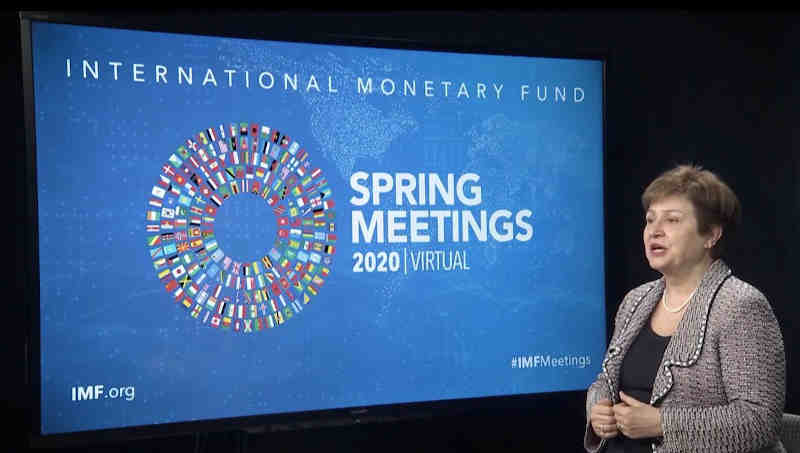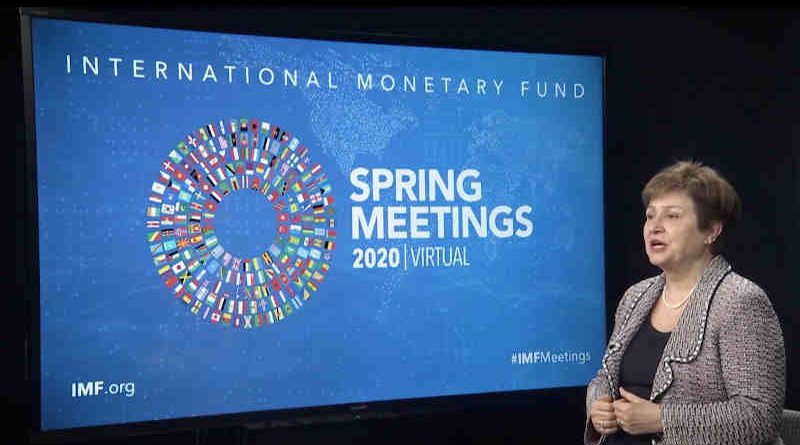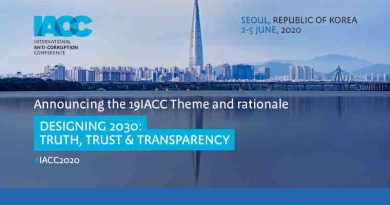IMF Introduces Central Bank Transparency Code

The International Monetary Fund (IMF) believes that the role of central banks has become broader and more complex since the 2008 global financial crisis.
The unconventional nature and growing scale of interventions (as seen again during the Covid-19 pandemic) have brought on much higher scrutiny. More transparency and accountability are required to maintain public support, safeguard independence, and enhance policy effectiveness, IMF said in a recent blog post.
The IMF has developed a Central Bank Transparency Code to help member countries answer these demands and increase trust and support. It aims to facilitate more effective communication between central banks and their various stakeholders, reducing uncertainty and contributing to better policy choices.
Central banks, according to IMF, have been engaging in a growing list of activities. More of them have taken over supervision and other financial stability functions, for example.
Transparency is an instrument to facilitate accountability, allowing the public to better understand how these actions serve their best interest and are consistent with existing mandates, with the ultimate goal of increasing effectiveness.
The IMF post adds that the increasing responsibilities and significant expansion of balance sheets have led to a stronger demand for central banks to better explain what they do, how, and why.
This is especially important as their independence has come under scrutiny in many countries. In central bank parlance, transparency and accountability become the collateral guarantee of independence.
The new code is part of the IMF’s broader focus on issues of accountability and governance. A voluntary code, it allows central banks to measure transparency in five key areas or “pillars.” These are governance, policies, operations, outcomes, and official relations.
Under each pillar, the code provides a list of best practices from “core” to “expanded” to “comprehensive” for key functions such as monetary or macroprudential policy.






